Spring is a season of starting over. The colors associated with spring are vibrant and fresh and can be found in nature. This makes spring weddings all the more meaningful and symbolic for couples looking to start a new life.
Colors commonly attributed to springtime include green, pink, yellow, white, and purple. Thus, you can create the perfect color scheme for a spring wedding by combining any of these five colors.
You can also get more color palettes by changing the elements of those five colors, such as their saturation and value. Moreover, neutral colors, earth tones, and pastels are also popular and excellent for planning the ultimate spring wedding.
Spring wedding colors by themselves are a sight to behold. However, knowing the concepts within color theory, such as color combinations, can help couples decide which color scheme would best fit their spring wedding.
Wedding Colors of Spring
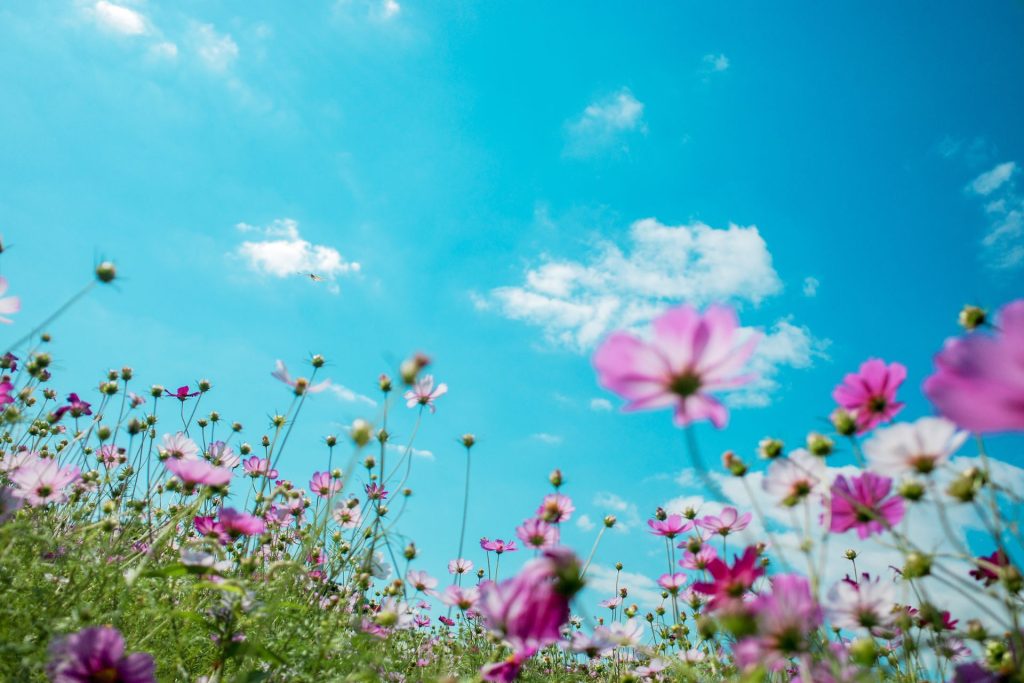
The arrival of spring marks the awakening of nature. The landscape is filled with lush grass and newly bloomed flowers. Thus, spring is often associated with earthly and floral colors, such as green, pink, yellow, white, and purple.
Green
Green tones become very abundant during spring: sprawling fields of grass and towering trees with green leaves. This has made it the very symbol of nature. Moreover, it is the color of hope, liveliness, and fertility.
Pink
Plenty of flowers that bloom in the springtime have pink petals such as peonies and camellia. The color pink is seen as a symbol of love, not only between couples but also with one’s family and friends. The popular cherry blossom tree epitomizes the romantic ambiance associated with the arrival of spring.
Yellow
After a cold and gloomy winter, the comforting warmth of sunlight makes spring all the more anticipated. Flower beds of buttercups, daffodils, and freesias are also popular around this time. Yellow is a symbol of optimism, happiness, high energy, and enthusiasm.
White
Some of the first flowers to bloom during springtime are white, such as snowdrops and lilies of the valley, as well as various fruit trees. As a color, white represents purity and integrity and is a symbol of new beginnings.
Purple
Lilacs, crocuses, and irises are purple flowers that emerge during springtime. The color purple is a symbol of luxury, wisdom, dignity, and abundance.
Creating Spring Wedding Color Schemes
Choosing which individual colors to use in creating color schemes requires a basic knowledge of color theory. Essentially, combining one color with another can enhance both colors, emphasize the other, blend together, or completely clash. Fortunately, color theorists have come up with different ways to make constructing color schemes easier.
| Color Scheme | Illustration | Description |
| Monochromatic |  |
To create a monochromatic color scheme, one color is chosen to be the main theme. From there, tints, tones, and shades are added to the color to produce multiple variations. This allows you to incorporate highlights, shadows, and emphasis into the overall theme.
Monochromatic color schemes are gaining more traction with the rise of minimalism because of their simplicity and pleasantness. This is also perfect for planning events such as weddings because of its versatility. |
| Complementary | 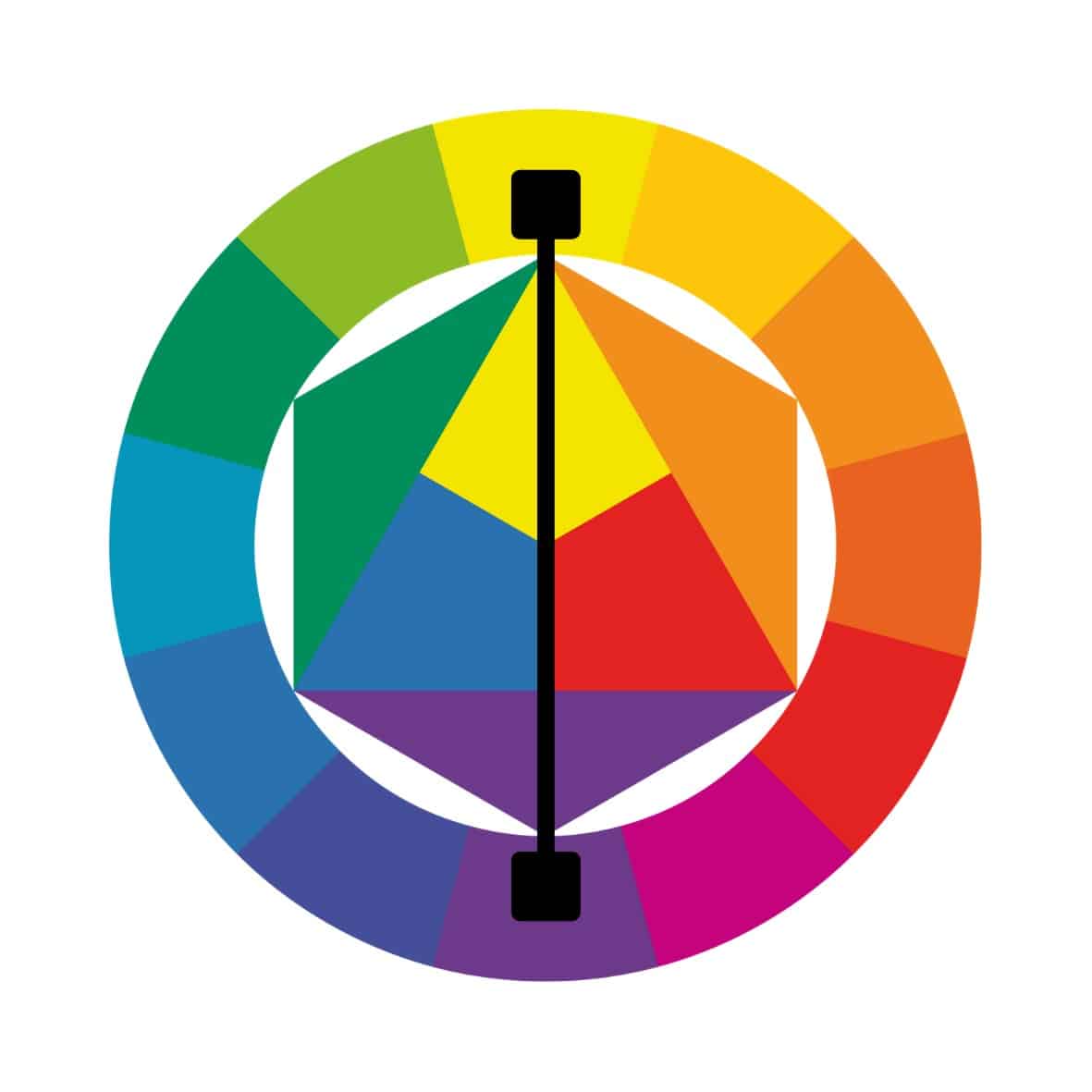 |
Referring to a color wheel, complementary colors can be found on opposite sides, thus simulating high contrast. Often, one color is primary, and the other is secondary, such as red and green, orange and blue, and purple and yellow. Similar to monochromatic color schemes, tints and tones are usually added to minimize the intensity. |
| Analogous | 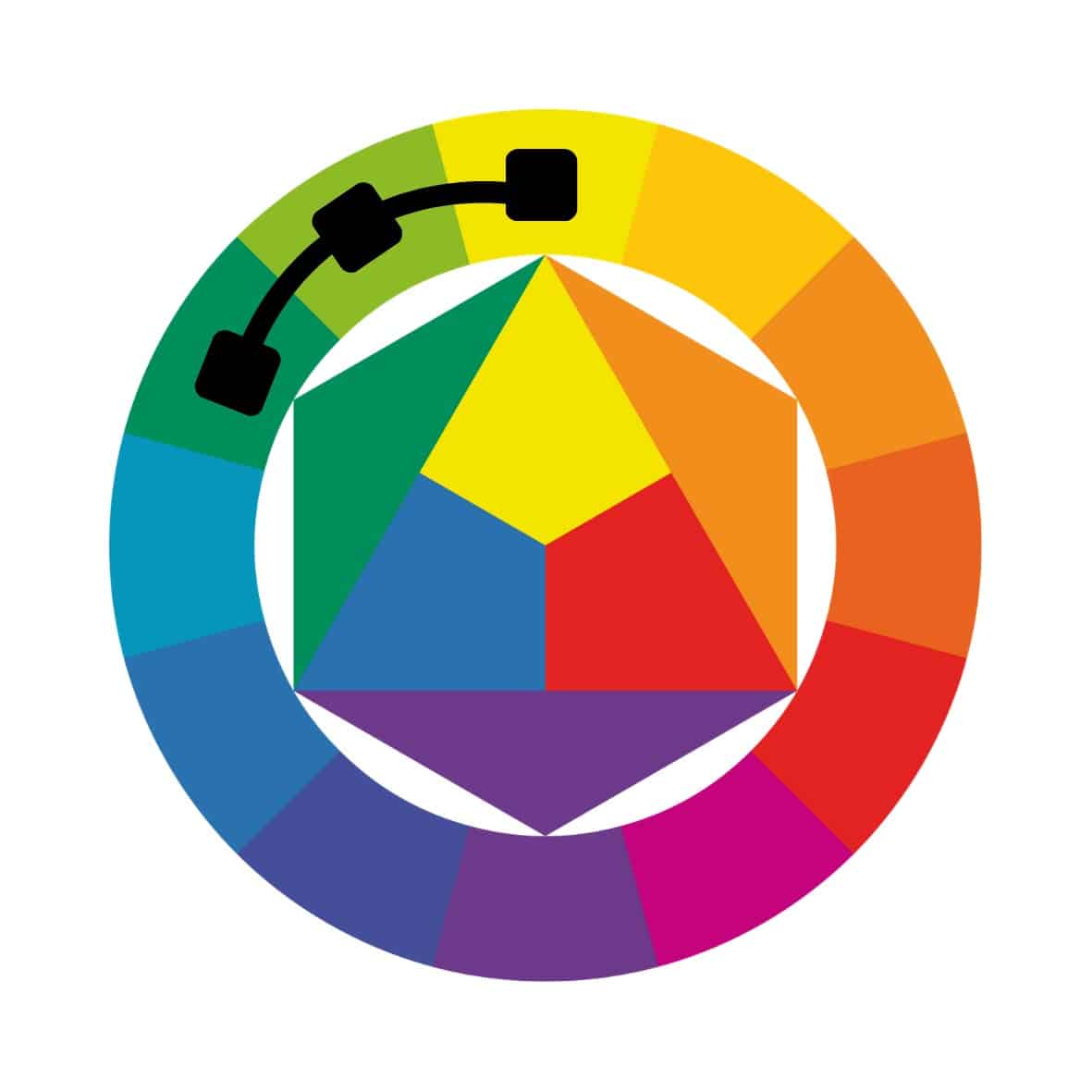 |
Analogous color schemes are composed of colors placed next to each other on the color wheel, usually in groups of three. Sceneries in nature are often found with analogous color schemes, giving it a serene mood.
Opposite to complementary, analogous color schemes lack contrast, which can be resolved by adding value or saturation. Additionally, one color usually dominates the entire scheme, another supports the former, while the third color is used as an accent. |
| Triadic | 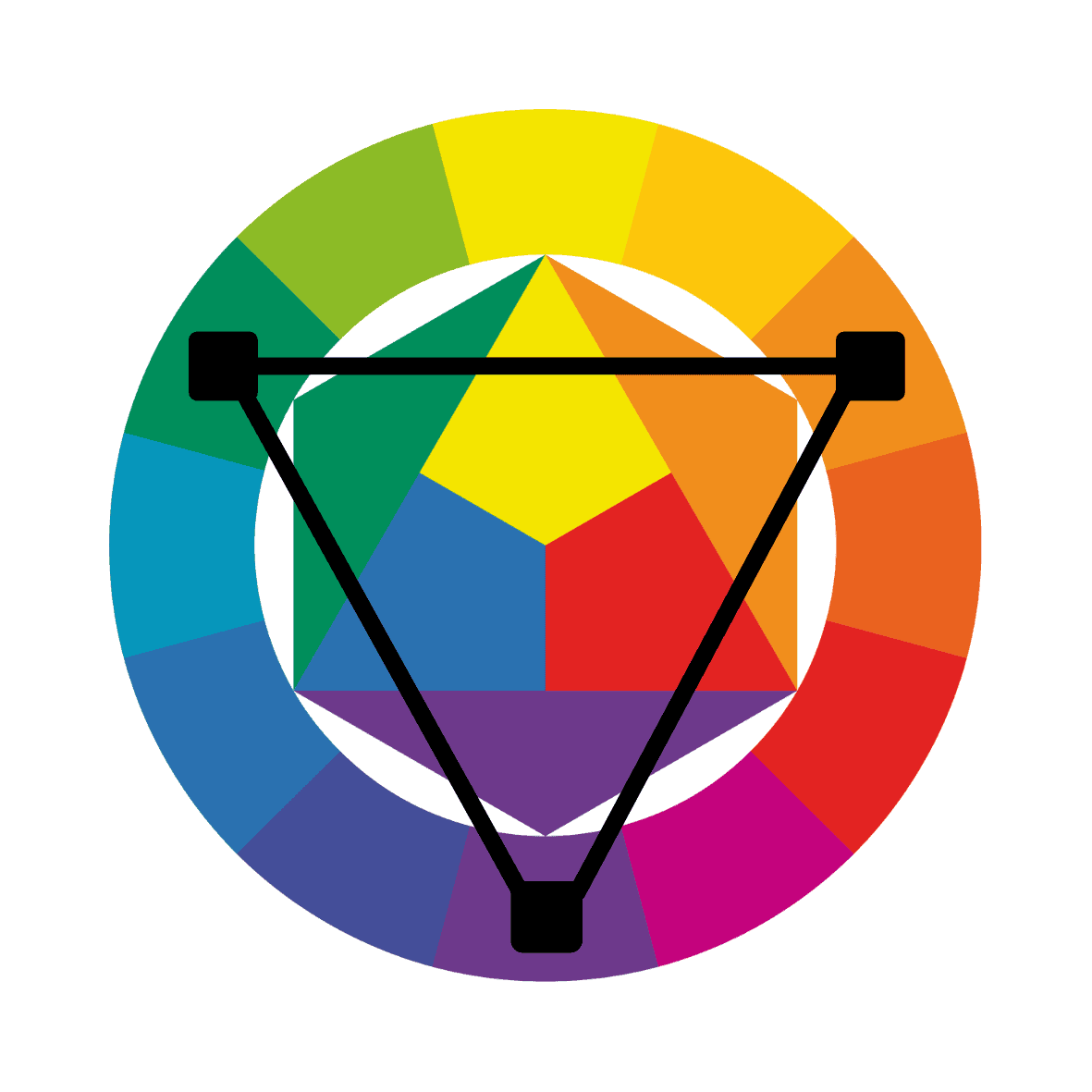 |
Triadic color schemes consist of three colors with equal distances in the color wheel. Even if the saturation and tint of the colors are altered, triadic color schemes are often very vibrant. One way to work around this is to make one color dominant and the remaining two are used as accents. |
| Split-
Complementary |
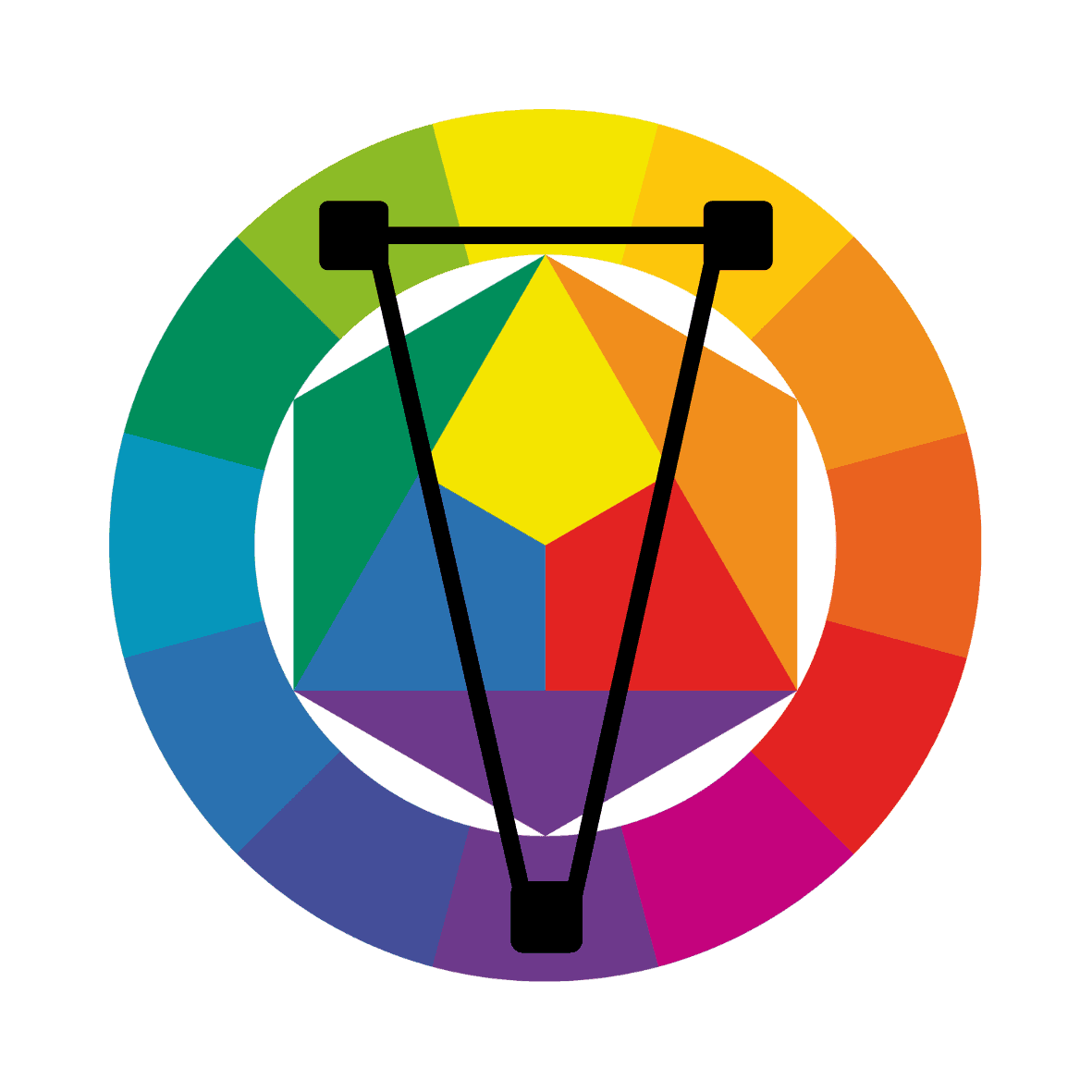 |
To create a split-complementary color scheme, choose a color and find its complement, then take the colors adjacent to it. This color scheme also has high contrast but considerably less tension between the colors. This is a good choice for planners as it is forgiving and difficult to mess up. |
| Tetradic / Rectangle | 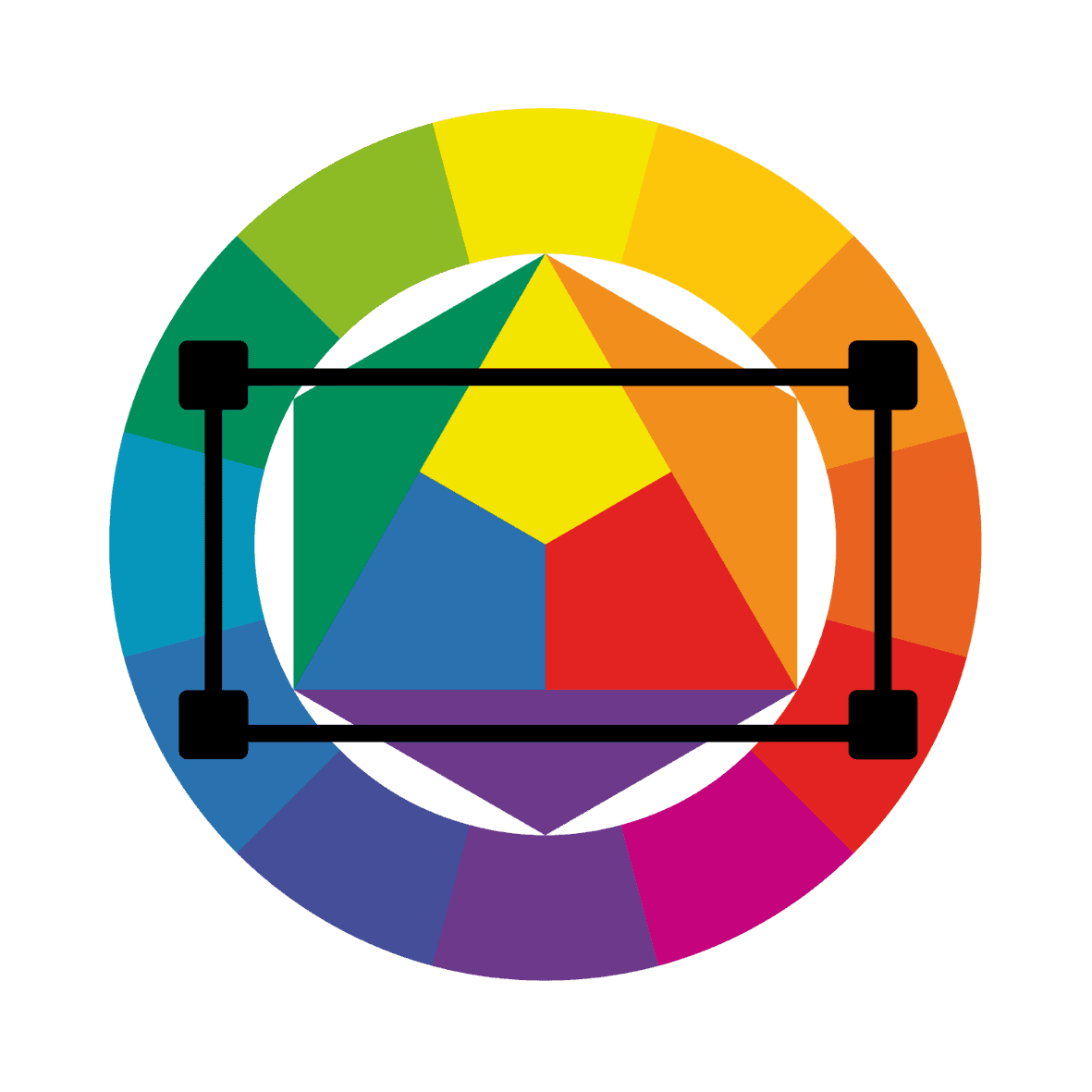 |
Also known as the rectangle, a tetradic color scheme consists of two complementary pairs. This color scheme is very versatile as it offers a lot of opportunities for variations. To achieve optimal results, one color must stand out among the rest. |
| Square | 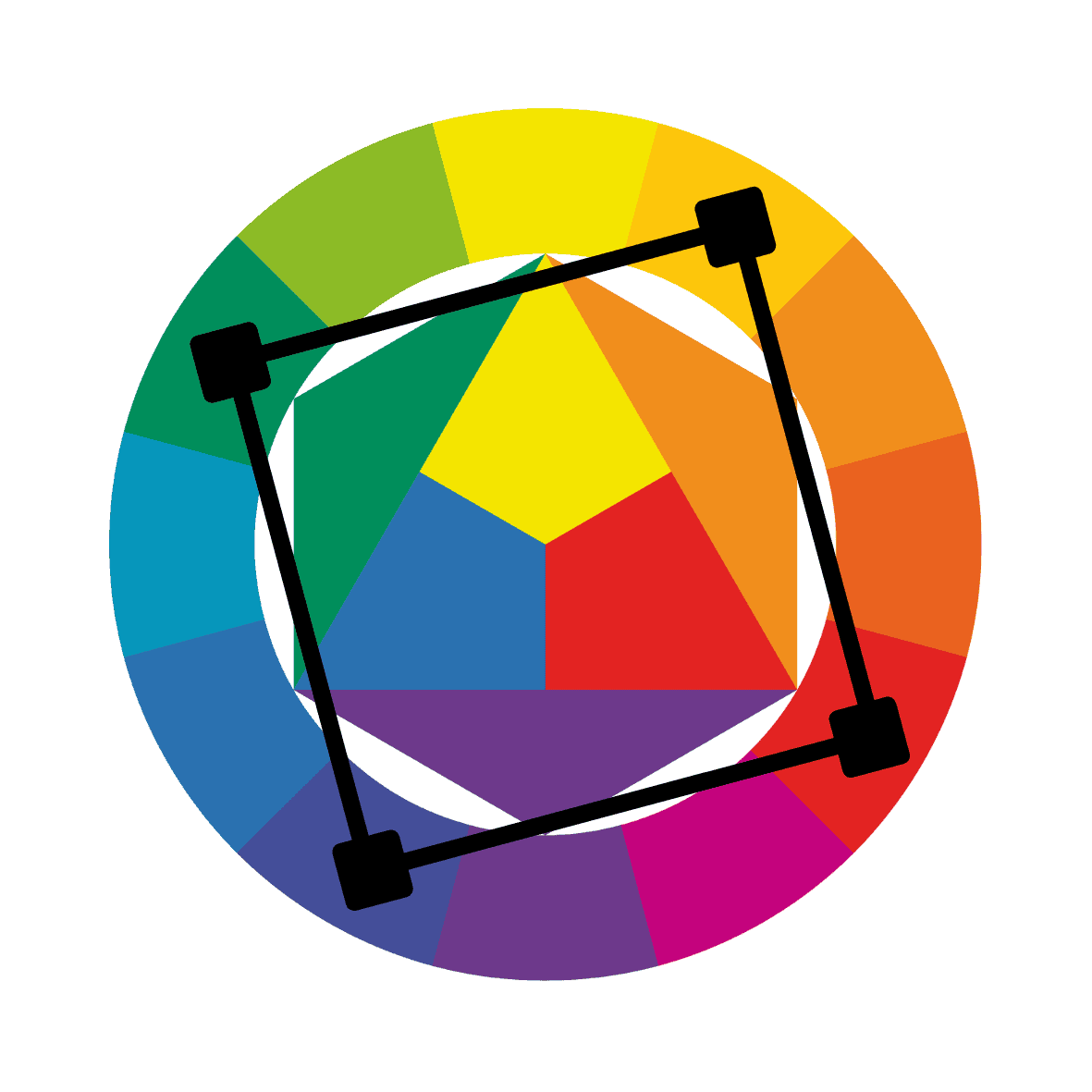 |
Like the rectangle, the square color scheme consists of four colors. This time, these colors are chosen so they are equidistant on the color wheel. Again, the square color scheme also works best when one color is dominant while the rest support it. |
Perfect Wedding Color Schemes
Colors are an important aspect of design. In a major life event such as a wedding, it is important that the colors are chosen with utmost care. With spring wedding colors and color theory in mind, here are some minimalist and elegant color schemes perfect for a spring wedding.
Neutral Wedding Color Schemes
A neutral color scheme consists of achromatic hues such as black, gray, and white, and earth tones such as brown, tan, cream, and beige. This combination is very minimalist, and thus very versatile, and exudes a serene and calm mood.
Monochrome Green Wedding Color Schemes
Green and Yellow Wedding Color Schemes
Green and Light Blue Wedding Color Schemes
Green and Mauve Wedding Color Schemes
Sage Green and Lavender Wedding Colors
Mint and Peach Wedding Color Schemes
Pastel Wedding Color Schemes
Yellow and Dusty Blue Wedding Color Schemes
Sky Blue and Blush Pink Wedding Color Schemes
Final Thoughts
Springtime is associated with the colors green, pink, yellow, white, and purple as these are the colors commonly seen in nature once the season arrives. With the help of color theory, color schemes for the perfect spring wedding will be easy to make.